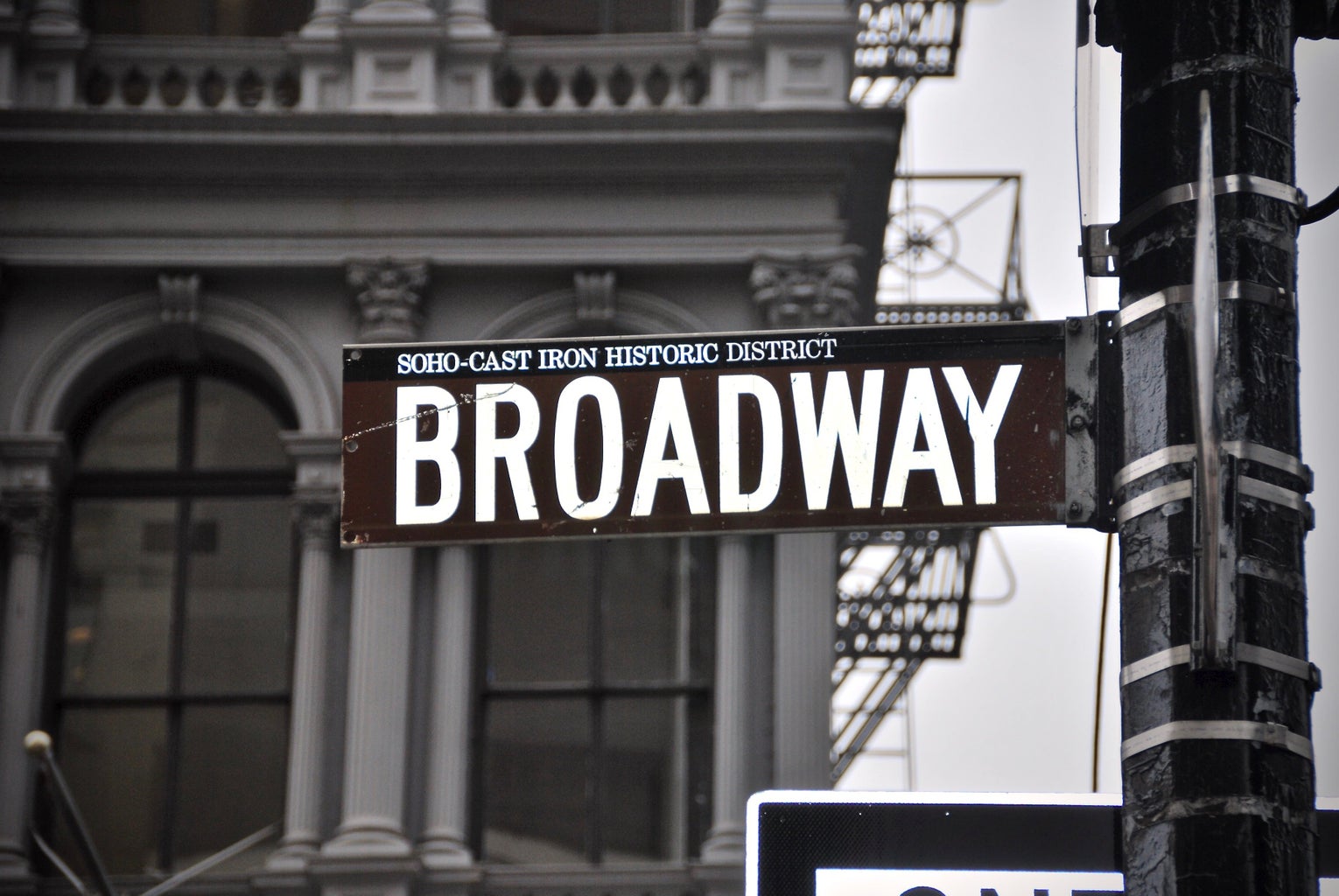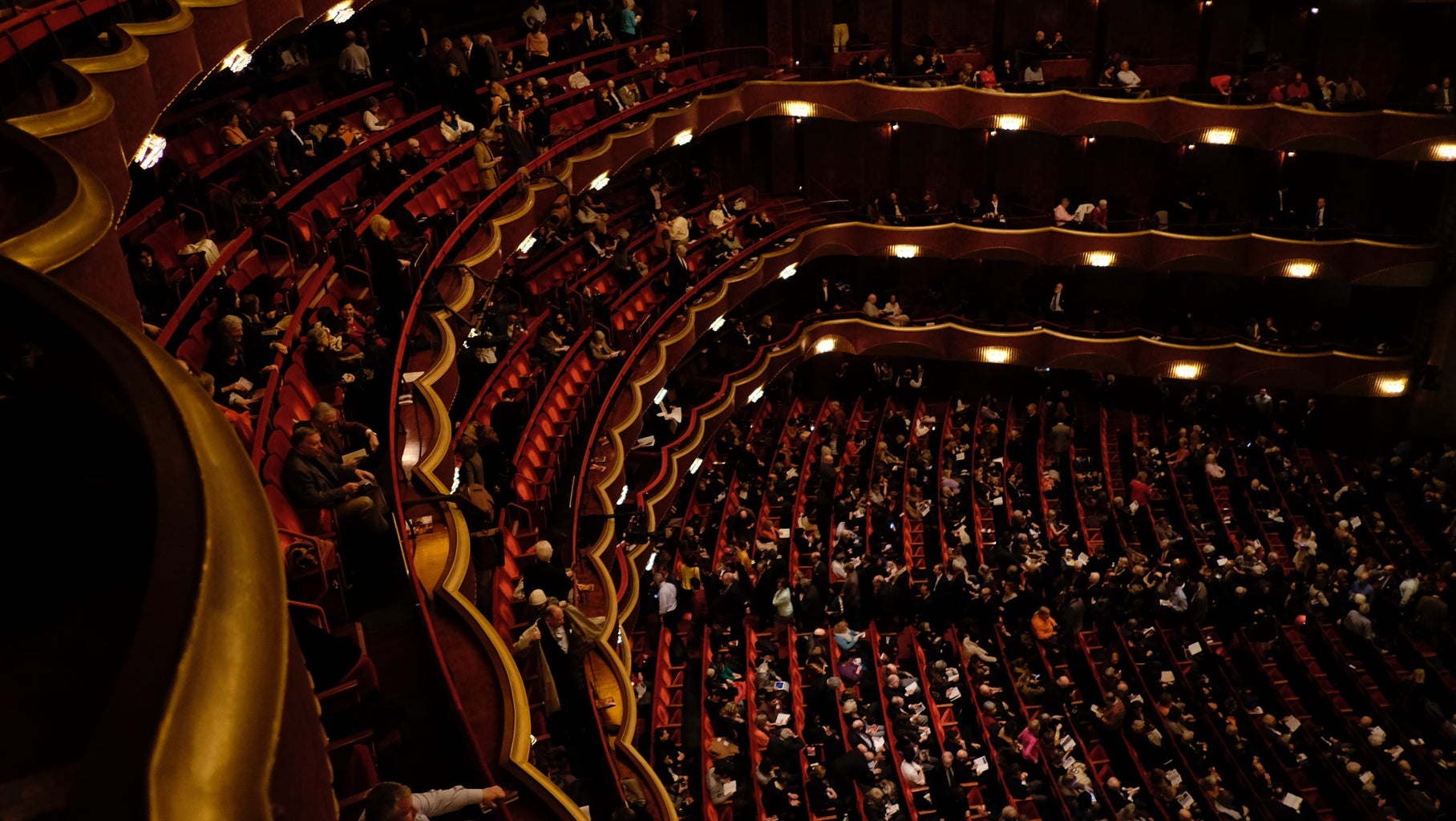With theaters opening back up, it’s an exciting time to be a fan of Broadway — unless, of course, all the shows you’re a fan of are closing. More than ten shows are slated to close on Broadway in the coming weeks, and while it may seem inconsequential for such a staple of entertainment, the current closures may be more concerning than we think.
First of all, let’s talk about what it means for a show to be on Broadway. Rather than all of the theaters literally being on a street called Broadway, the term “on Broadway” refers to a theater in the Broadway district with over 500 seats. The theaters with less than 500 seats hold the “Off-Broadway” shows. There are 41 Broadway theaters today. Shows hoping to make it to Broadway will workshop in regional or state theaters, and, if successful enough, will be able to transfer to the Great White Way.
Seeing a Broadway show is a very different form of entertainment than going to the movies or listening to music —especially when it comes to cost. Though the spectacle of live theatre is truly incredible to see, not everyone can afford a plane ticket to New York, a hotel charge, and skyrocketing ticket prices. There have been very lucrative Broadway shows historically (Disney’s The Lion King has managed to rake in over 1.5 billion dollars over its 25-year run), but right now, the theaters are suffering.
Broadway can be cutthroat — shows like Carrie have been closed after only five performances, so it’s not uncommon for shows to be stricken down in what should be the prime of life. What’s concerning is the shows that are set to close right now. Phantom of the Opera had run for 35 years straight, the longest a Broadway show ever has. Beetlejuice experienced viral fame, critical praise, and sold-out shows. A Strange Loop, a musical about a Black queer man writing a musical about a Black queer man writing a musical, was an original story with an original score. During a time where many shows are currently revivals or have been running for over 10 years, A Strange Loop was a breath of fresh air. It won the Tony Award for Best Musical as well as a Pulitzer prize. Even with these accolades, it closes with 301 performances, one of the lowest runs for any “Best Musical” winner. Death of a Salesman and The Music Man revivals will also say goodbye soon.
So, why all the closures? Many of these shows should be recipes for success. While there’s no definite answer, here are a couple of factors that are most likely contributing:
First, the COVID-19 pandemic. Broadway went dark for around a year and a half, and many shows (including the ill-fated West Side Story revival and newcomer Sing Street) were not able to come back to theaters. Even now with vaccines and restrictions, many still don’t feel comfortable sitting in a crowded theater with 500+ other people. The pandemic caused a year and a half of loss in ticket sales, which could be detrimental to shows that had already spent money on props, costumes, promotion, and countless other expenses on the condition that they could recoup that money.
This leads to another factor — ticket prices. Of course, with such a loss taken by COVID-19, ticket sales have driven up. When combined with all of the other expenses of New York City, $200+ for a mezzanine seat just simply isn’t doable for many people who would probably love to see a Broadway show otherwise. The pandemic was costly to many of us.
And another factor — the shows themselves. Original works like A Strange Loop simply aren’t seeming to last, so it appears many of the shows slated for next season are safe bets — revivals of historically popular shows and adaptations of historically popular movies with historically attractive casts. Not to mention an increase we’re currently seeing in jukebox musicals, which can have original stories but use songs that already exist. It’s hard to estimate so many different people’s interests, but it could be that people aren’t interested in seeing something they’ve seen somewhere else before.
Live theatre is a special and unique form of storytelling, and it’s discouraging to see Broadway say goodbye to so many shows. However, the audience isn’t to blame either, with the financial effects of the last few years simply meaning that it’s no longer accessible for many people. Hopefully, the season will pick up as time goes on and new shows open, and for now, remember to support the arts in the ways that you can.





